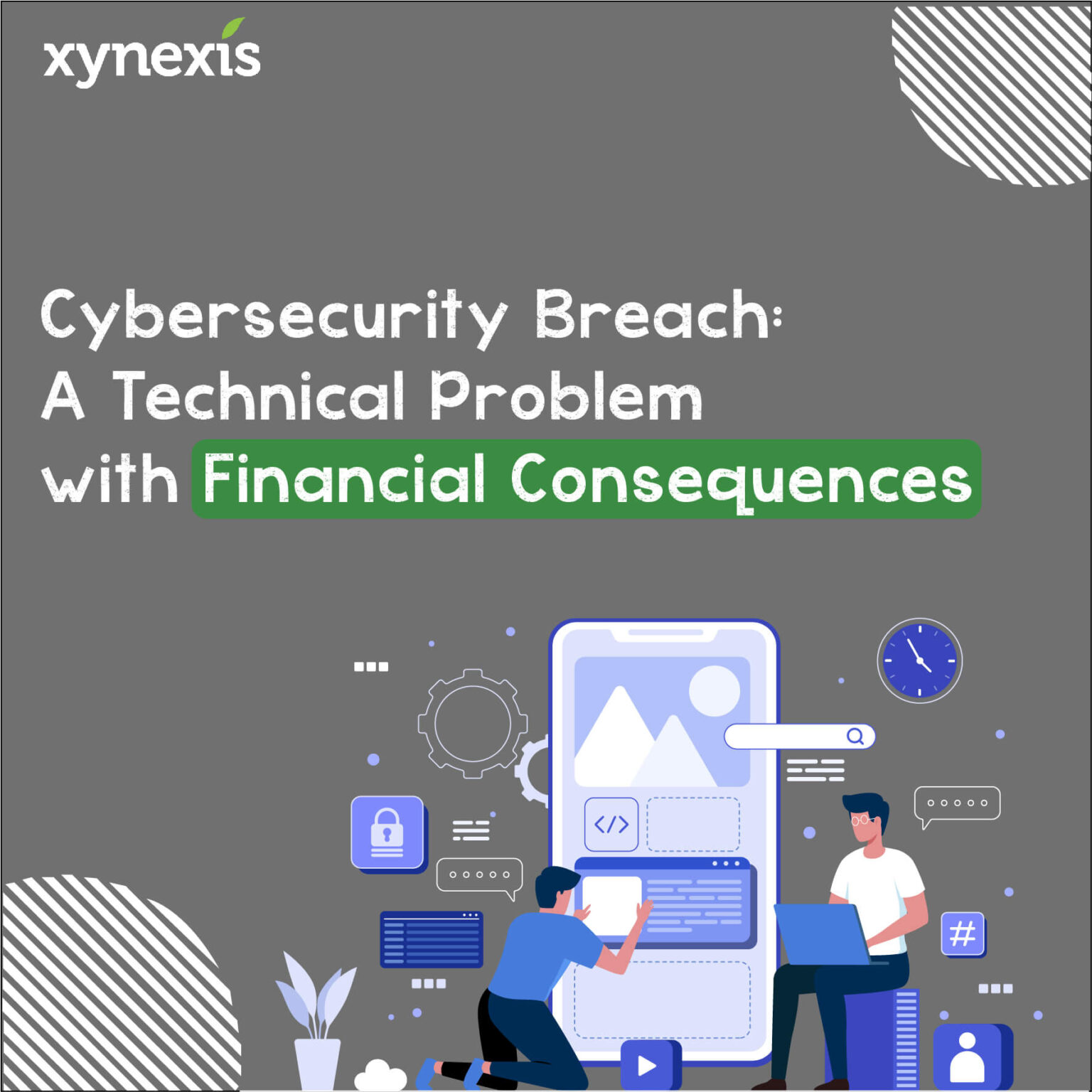By now the world should already know that businesses cannot operate without at least one form of digital process — from emailing sensitive data to storing digital assets in servers. Unfortunately, cybersecurity is still being treated like any other technical problem.
When a computer is too slow, extra memory is added; when a server fan stops working, a new replacement is on its way. Technical problems can be solved by upgrading and/or replacing components. Similarly, companies treat cybersecurity weaknesses with quick technical fixes — use a better antivirus, customize firewalls, use online password libraries, and two-step verification protocols.
While these are undoubtedly useful, they are only surface or peripheral measures to prevent unauthorized downloads of malware or unauthorized access to private data.
Cybersecurity is more than just a technical problem
Modern companies with established cybersecurity will understand that it is more than just a technical problem that involves only software and the IT department. A company that fully embraces the digital movement will consider cybersecurity in all aspects of the business, managed by various departments.
For example, administrators must be wary of unusual login activities and report for a possible bot activity that can disrupt normal server traffic. Human resources must ensure that all staff members understand Internet safety protocols and the basic drills for when a breach is discovered. IT departments must ensure that the backup system is reliable at all times.
Disastrous financial consequences for the careless
Every company must have trained their customer-facing personnel to be able to handle conflicts with grace to protect the brand image. Any company who is careless of their brand image will eventually end up having a PR crisis.
Cybersecurity is no different. The additional challenge is that cybersecurity seems more abstract as it exists in the realms of information and communication systems, unlike the more diagnosable customer servicing aspects of the business.
It is true that setting up a more thorough system that protects the organization from malware and phishing threats requires high initial capital investment. However, your organization must think of cybersecurity as insurance to combat disastrous financial and trust loss.
According to Hiscox Cyber Readiness Report, a cyber-attack costs on average $200,000 in 2019. This includes payment made to ransomware. If all companies that were victimized had some way to back up their data, this number can be significantly reduced. Other financial consequences of cyber-attacks are attributed to loss of clients (trust or branding issues), clients’ lawsuit for privacy loss, and others.
We can manage your cybersecurity
Gone are the days when businesses have no choice but to hire cybersecurity specialists with high payroll. Today, recognizing the importance of cybersecurity, managed cybersecurity services are paramount to the protection of smaller and medium-sized businesses across the globe.
Xynexis offers Managed Security Systems that allow you to easily outsource cybersecurity systems at this very instant. You can slowly build up your resources to have an in-house security specialist in the long run. However, if you do not yet have a basic structure to protect your critical data, it is best to avoid delaying any preventive action against cyber attacks.




